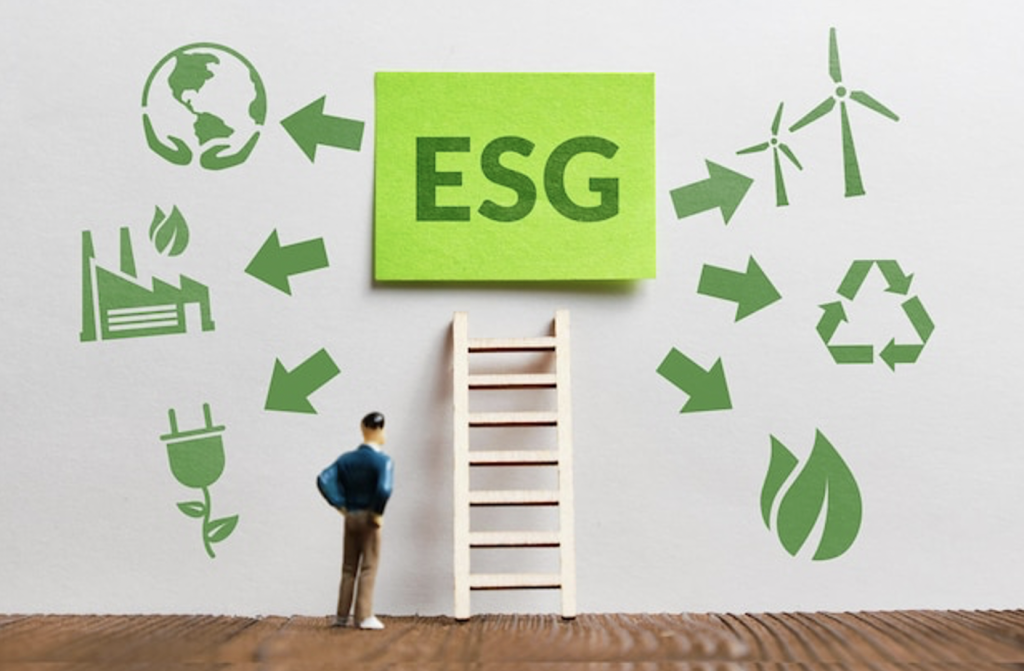Individuals and companies realize the interdependence of environmental, social, and economic issues, which have led to a significant increase in ESG investing today. What is ESG investing? ESG or Environmental, Social, and Governance investing is a form of investment where investors take into consideration non-financial factors for analysing and identifying companies’ growth opportunities.
An umbrella term, ESG investing is also called impact investing, socially responsible investing, and sustainable investing. When ESG investing is a concept that investors use to put their money in companies that act responsibly from environmental, social, and governance outlook for a better world. Big investors, including institutional investors, influence positive changes by forcing companies to be highly responsible socially and environmentally and dealing with sustainability challenges like inequality and climate change.
How does ESG investing work?
When you invest in companies that are highly responsible for environmental, social, and governance factors, it results in ESG investing. They are rated by independent companies or a third party by taking into account some parameters like resource utilization, biodiversity, business ethics, resilience, product governance, occupational health, safety, and human capital.
To help investors have a holistic view of companies for ESG investing, they are evaluated using some essential criteria, and they are:
Environment:
Do companies’ operations affect the environment? For instance, the environment refers to the conservation of natural resources, use of clean energy, protection of living beings, and management of food waste. Companies that use harmful chemicals in their manufacturing process and their carbon footprint have a negative impact on the environment.
Social:
It includes a company’s social impact on the whole community and within a company. Social criteria refer to the protection of racial diversity, equality, human resource rights, favourable labor policies, and community standards. It also considers a company’s support for social good beyond its sphere of business in the broader world.
Governance:
This includes issues related to management, taxation, and accounting rules that companies follow. How does leadership interact with or respond to shareholders? Companies that maintain high transparency in their books of accounts are known to have a better debt to equity ratio with a higher score on corporate governance.
A high-quality ESG investing is analysing and identifying the impact a company has on its stakeholders, which include its shareholders, customers, employees, environment, and communities. Of course, it serves as a measuring tool used to determine the sustainability and strength of the company. Investing in the stock of a company that works towards the goal of making the world a safer place to live is called a well-run company.
How to do ESG investing?
To build an ESG portfolio may take time if you are looking for investments that fit your beliefs and goals. People have different values that you may need some time to determine your most important values that fall in the ESG ideals. You should know the ESG stocks you own and assess the rating of your ESG portfolio. This will help you decide whether to hold the stocks or replace them with high-rated ones for a better ESG rating.
ESG investing has become mainstream, with most large companies becoming more accountable to shareholders, who call them to take immediate action on critical ESG factors like climate change, food waste, and global poverty. Large investors, especially institutional investors, care about this and decide how the stocks should be valued keeping in mind the ESG considerations.
Laila Azzahra is a professional writer and blogger that loves to write about technology, business, entertainment, science, and health.
